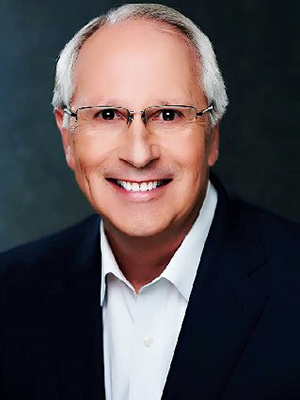The point is that every person’s situation is unique, and there is hardly ever a cookie cutter answer to the question, “What should I do with my money?”
This is the question I hear just about every day of my life. It is an excellent question and can only be answered with another question. Some days the answers in life are simple and other days the complexity of life is beyond our imagination. The answer to this question is somewhere in between. It begins with a couple of simple questions.
First of all, what is the purpose of the money you are referring to, and what is the time frame? For example, if the funds are for retirement, then part two, the time frame, makes a dramatic difference in my response. If the individual is 25, this is a very easy answer. Interest rates and bonds currently have very little upside, whereas equities (stocks), while volatile, have growth potential. At age 25, volatility should not be a concern because you have 30 – 40 years before retirement, so the time frame makes this an easy answer. With a little education, this person can understand that volatility in the growth phrase can actually be a positive event.
Let’s take the same question, but this time asked by someone who is near or at retirement. Totally different answer. There are numerous additional considerations for this person. When will distributions of income be needed, and how much? What is the size of the retirement account relative to the first question? Volatility is now a major issue, and yet we are still in a low return environment for interest rates and bonds. If the account is large enough, it might make sense to include some large company dividend-oriented stocks in the account for long-term growth, as they are not needed for current distributions.
The point is that every person’s situation is unique, and there is hardly ever a cookie cutter answer to the question, “What should I do with my money?”
Let’s look at a different example. Because this one is not a retirement account, we must reverse the priority and begin with the time frame, and then discuss what the money will be used for? Money that is not tax-deferred like a retirement account is impacted by taxes each year, either as short-term or long-term (more than twelve months) capital gains. If you have a longer time frame, we must look at options that can offer tax-deferral, but the age and time frame of when the money is needed are essential before arriving at a decision.
In previous articles, I have stated that tax strategies will be one of the most important issues to evaluate in making financial decisions for investing. Because I have been an advisor for nearly thirty years, I have heard just about very opinion. However, I am still amazed at how many people make serious financial decisions based on the opinions of daddy, mama, uncle, aunt, grandparent, cousin, co-worker, hairdresser, professional TV watcher, etc. — people who have no true knowledge of what should be involved in proper financial advice.
Numerous times I have had someone near retirement come to the office with his retirement account statement, and for the past 30 – 40 years the account has been in the most conservative allocation because he was afraid of market volatility. Whereas that might be the right allocation at this time in his life, it probably resulted in the account being 1/3 of what it could have been had he been given good advice, and now he will never make up the loss.
To finish out 2020, we have now had the elections. Democrat, Republican or Independent, we can all agree that we have significant chaos at many levels of politics. Where you should place your money is going to be an increasing challenge, and there is no one right or perfect place. It has never been more important to gain the expertise of an advisor who has the fiduciary responsibility of putting your interest first.
My prayer for each of you is that we celebrate this Christmas for the true source of God’s grace, mercy, love, and forgiveness, and that we realize that seeking mankind and government to solve our woes will never be a long-term solution. May each of us strive to be the person that we should be; may we and choose each day to look for opportunities to serve others. Be a good steward of your wealth. You control it — do not let it control you.
























